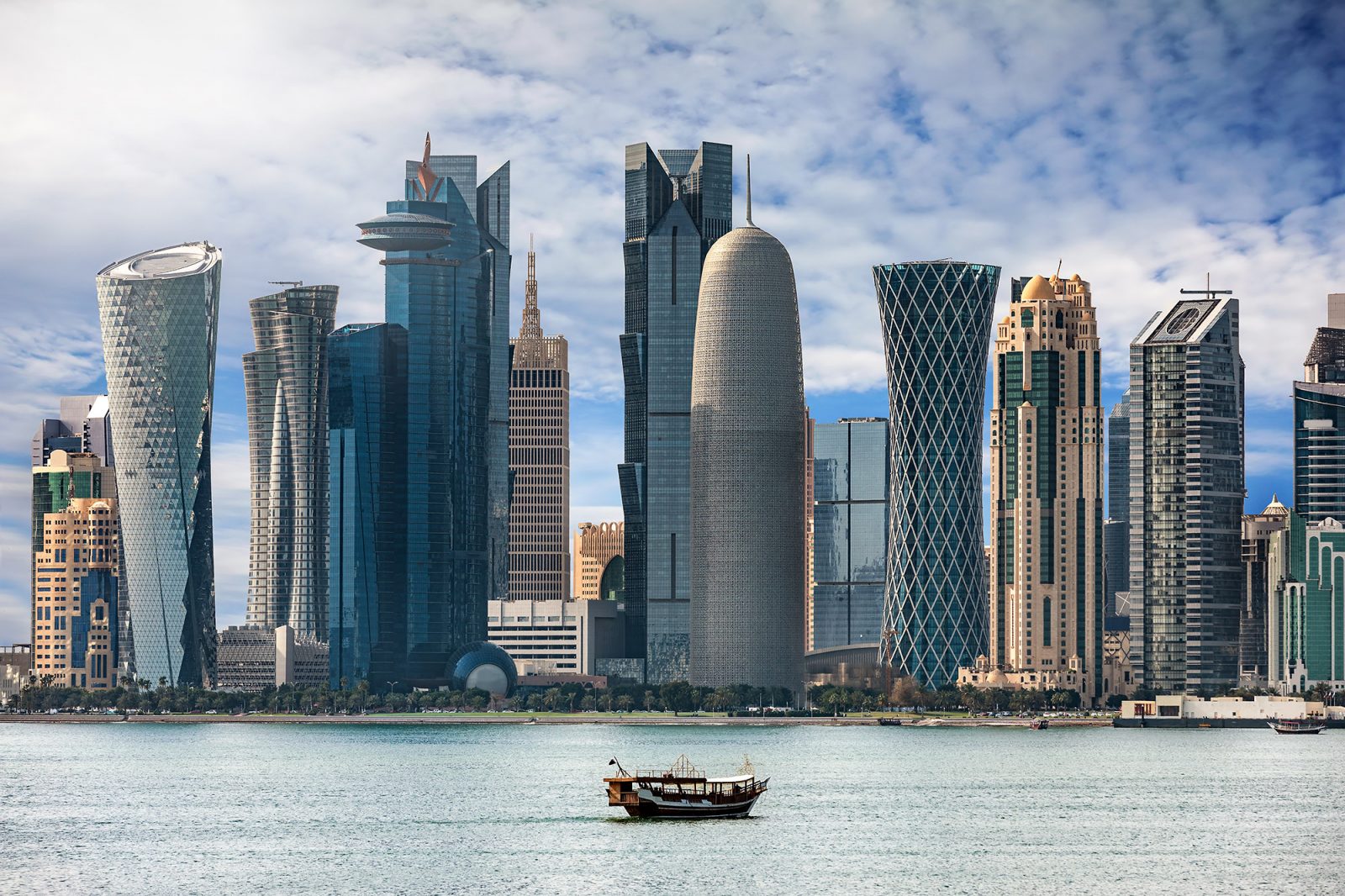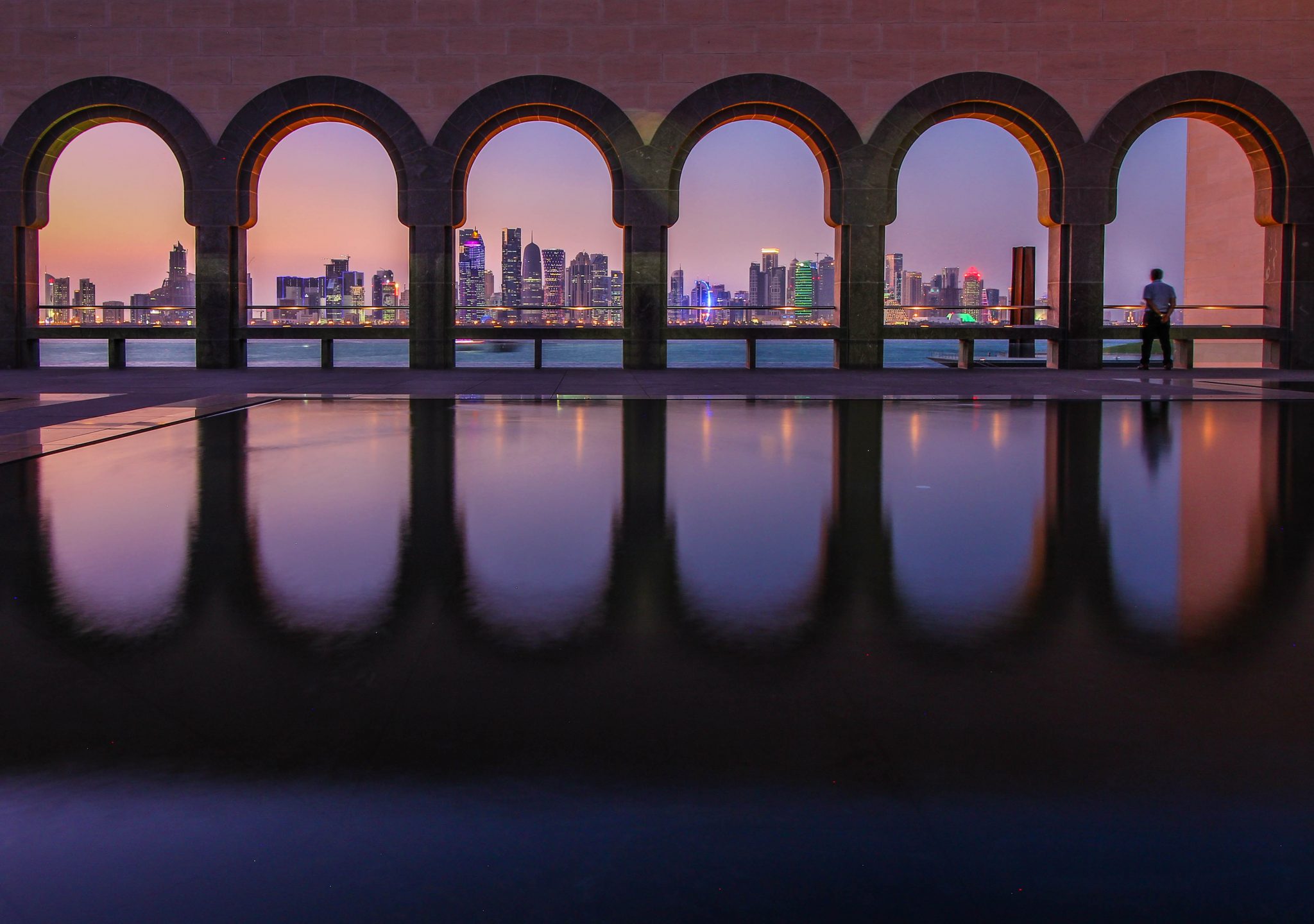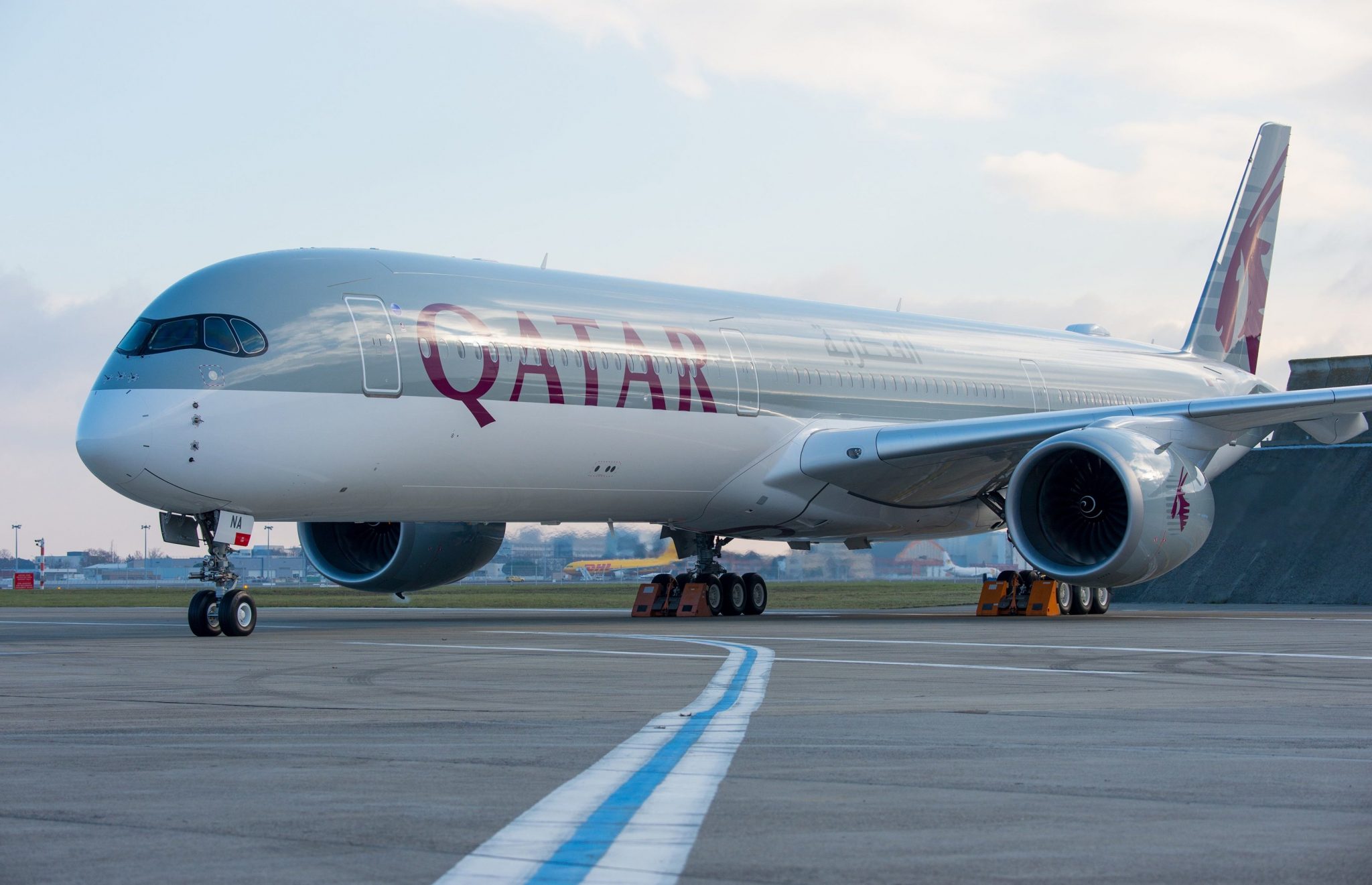
- A Saudi-led blockade has been imposed on Qatar since June 2017
- Qatar refused to comply with Saudi demands to end the blockade
- Saudi Arabia accuses Qatar of funding terrorist organisations
- A recent thawing of relations could mean the end to the 30-month blockade
- Progress has been made but more work is needed
It’s been over two years since Saudi Arabia, Bahrain, Egypt and the United Arab Emirates cut off political ties with regional neighbour Qatar, sparking a regional crisis after they imposed a physical blockade on the tiny but massively wealthy Persian Gulf country. Flights between Qatar and the blockading countries were immediately cancelled, the only land border with Saudi Arabia sealed, food deliveries delayed and families forcibly separated.
For Qatar Airways, the effects of the blockade were both immediate and massively damaging – not only were mature and popular routes shuttered without notice but airspace restrictions meant Qatari planes had to fly much longer routes to get to their destinations. In some cases, flights were extended by over an hour as planes in Qatar’s grey and burgundy colours had to dog-leg around Saudi Arabia or the UAE to reach Doha.

When the Saudi-led bloc cut off political ties in June 2017, they accused Qatar of funding terrorist organisations and cosying up with the Iranian regime – Saudi Arabia’s biggest regional enemy. Qatar rebutted the allegations and refused to comply with demands from the Saudi government that would have settled the dispute.
Instead, both sides have seemingly been at a stalemate ever since with allegations and angry words occasionally bandied about from senior officials.
There are, though, signs that relations between Qatar and the Saudi-led bloc are not only beginning to thaw but may have improved so much that the blockade could be about to be lifted – and if you listen to some sources, an announcement might come from the Qatari-government by the end of the weekend.
The mood music has been slowly changing over the last few months. Last week, Qatar’s foreign minister, Mohammed bin Abdulrahman Al Thani, told a conference in Rome that the political impasse had “moved from stalemate to progress”. Al Thani also revealed, according to the Qatari-owned Al Jazeera news station, that talks had been taking place between his country and the Saudi-led bloc.
And then came a decision from the three blockading countries to take part in the 24th Arabian Cup – a football tournament that had been awarded to Qatar several years ago. Saudi Arabia, Bahrain and the UAE had refused to send teams to play in the tournament but all three suddenly changed their minds at the 11th hour and reversed their boycott of the event.

Seen as a major thawing in relations, a decision by Saudi Arabi and the UAE to fly their teams directly to Doha was a significant step-change in rhetoric and policy. Bahrain, meanwhile, decided to send its football via a neutral third country despite being given permission from Qatar to fly direct from Manama.
A meeting in Riyadh of the Gulf Cooperation Council (GCC) on Tuesday also saw all member countries (Qatar, Saudi Arabia, the United Arab Emirates, Kuwait, Bahrain and Oman) affirm their “keenness on the strength, cohesion, and solidity of the alliance”.
The joint communique also stressed that all the members “stand together in the face of any threat to any of the GCC countries.” Specific praise was heaped on Qatar for its “excellent organisation and efforts” in making the Arab Cup a success.
But the session ended in just over an hour with no concrete progress in solving the political crisis and the Qatari Emir didn’t even bother attending the meeting, sending the country’s Prime Minister instead. There are certainly signs that the political and physical blockade could be nearing its end but for now there is much diplomatic work to be done.
Mateusz Maszczynski honed his skills as an international flight attendant at the most prominent airline in the Middle East and has been flying ever since... most recently for a well known European airline. Matt is passionate about the aviation industry and has become an expert in passenger experience and human-centric stories. Always keeping an ear close to the ground, Matt's industry insights, analysis and news coverage is frequently relied upon by some of the biggest names in journalism.







